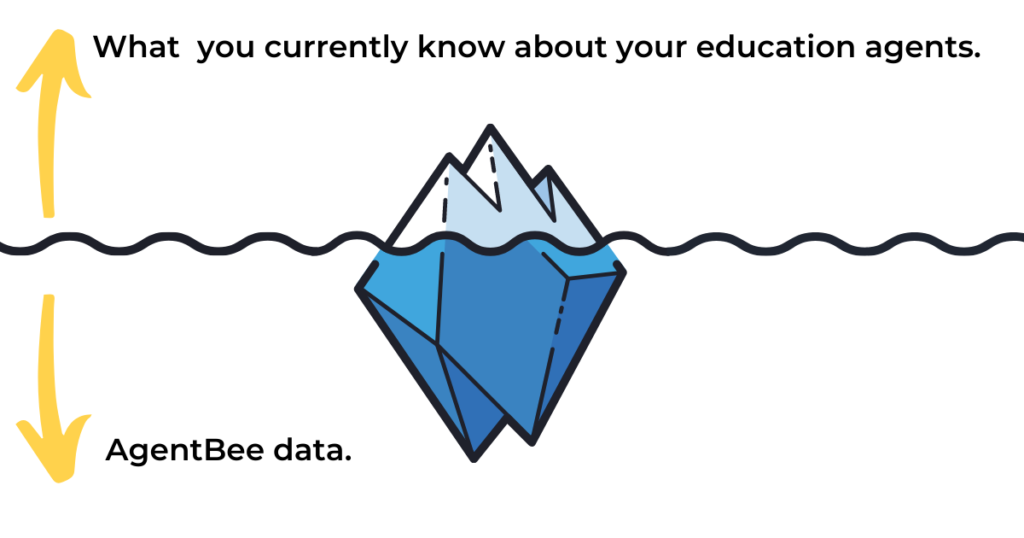Canada’s CBC news reports that Canadian universities, particularly those on the country’s Atlantic coast are increasingly using education agents to recruit international students in a highly competitive international market.
According to the report many universities are spending hundreds of thousands of dollars per year in agent commissions. For example, Cape Breton University – where over 50% of students are from overseas – spent $1.1 million on agent fees in 2017-18, more than double the year before.
Lloyd Henderson, assistant vice-president of enrollment and recruitment for UNB, said that education agents provide the university with a foothold in new markets as it seeks to compete with other universities around the world who are all seeking to grab their piece of the pie:
I don’t know of any major institution that is not recruiting internationally. It’s a very competitive landscape.
Canadian Universities Keeping Secrets
CBC found that many universities are secretive about their use of agents.
It requested information about the use of agents from universities with significant numbers of international students. Only two — Dalhousie and Memorial — agreed to provide contracts with information about commission rates.
- Dalhousie has a tiered commission structure, paying agents a 10 per cent commission for the first five students enrolled, and then 15 per cent for every additional full-year student. This would make the commission around $1,800 for a student pursuing a bachelor of science degree.
- Memorial University pays education agents a flat fee of $1,100 for an undergraduate student, and up to $2,000 for a graduate student.
It’s not surprising that Canadian universities would be reluctant to disclose the details of the contracts they have with agents. Most educational institutions around the world would probably take the same view. On the other hand, refusing to admit the use of agents or disclose a list of authorised agents seems to be overly secretive. In Australia educational institutions using agents are required by law to disclose a list of their agents on their website.
Rotten Apples
Canadian universities using agents have found that there are risks involved. At least one university – Cape Breton University – contacted by CBC for the story had to cancel agent contracts because students were being misled about the university or what to expect in Cape Breton.
Shona Perry-Maidment, the deputy registrar at Memorial University, said the university is very careful about the agents it works with, and keeps the numbers low (between 11 and 15 agents):
We get references, preferably Canadian references, from post-secondary institutions. Once they are hired and once we feel that they’re acceptable to us and our needs … we actually do a lot of outreach to those agents.
It does not serve us well if [students] are not getting the information they need to make an informed decision.
How well do you know your education agents?
Dealing with dishonest, unprofessional or unethical education agents is a common problem for educational institutions around the world. AgentBee’s education agent checking and monitoring solution supports educational institutions to protect their international students and their brand by undertaking due diligence on new and current education agents.
Education Agent due diligence – implement best practice
AgentBee’s education agent due diligence solution supports educational institutions to implement best practice education agent due diligence processes.
Your educational institution can use it to:
- do due diligence on education agents – check new agents before agreeing to work with them, and run regular checks on current agents.
- protect your brand – detect cases of unauthorised agents using your institution’s name, logo or other IP without permission.
Note for institutions in Australia, NZ and Manitoba – our solution supports compliance with your regulatory obligations regarding agent checking and monitoring.
Note for UK institutions – our solution supports implementation of the BUILA Agent Quality Framework.
Note for institutions in other countries – our solution supports you to protect your institution and students by implementing best practice education agent due diligence processes.
Request a FREE Trial
Source: CBC News
Photo by Nathaniel Bowman on Unsplash

